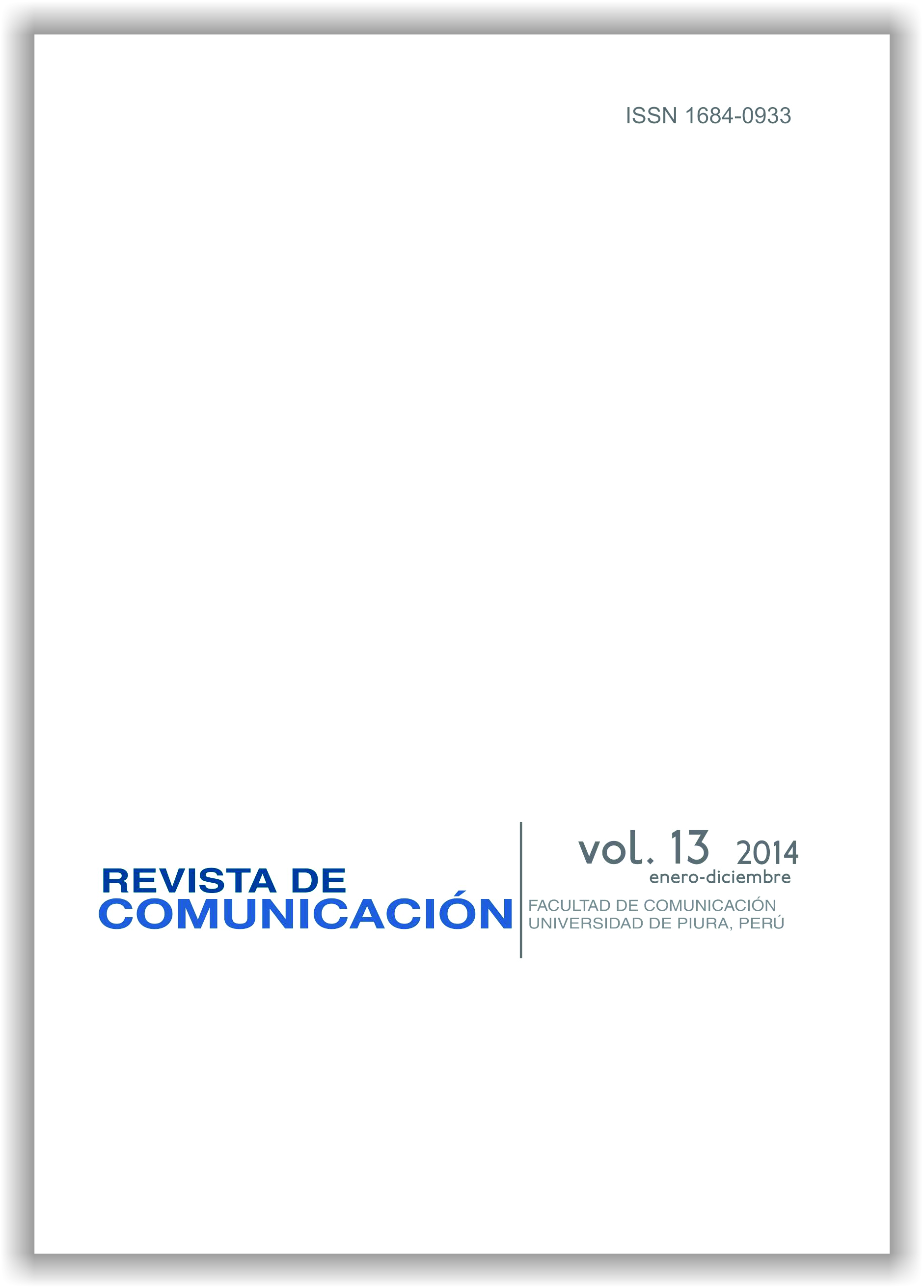
Article
Film as an anthropologic and ethical experience
Abstract
Films have broadened reality or, at least, our image of reality, and has broadened as well our virtual experience of life. Due to this factor it may be considered the main anthropologist of our times. The seventh art, following the ancient human tradition of storytelling, also manifests the narrative character of the human being. The human animal is also a relational being as well as dialogical, that is, it is only constitutes in relation to others: there is no I without a you. This reason explains that the whole life has an argument in which others are necessarily acting characters. Film arguments show us that human life is a relation, links of several narrative forms. This is obtained by showing man’s true reality of man, without hiding its mystery, showing him in his daily basis, pressing him to see, imagine and do projects. This is the very educational and ethical function of the seventh art. It is also possible affirm that ethics is an experience and an art in the sense that a persons ethical ideas depend, mostly, on his vital experiences. Personalist philosophers mention three kinds of experiences: encounter, dominion and fusion. Of those three, encounter is the most creative one. Persons do encounter themselves, but things dominate and fusion. Ethics, as well, is an art because each individual must create the most valuable answers for each situation. But there are conducts that, instead of being creative, are destructive of the person’s dignity. Taking as a reference these three kinds of experiences it is possible to value a film’s ethical strength.
Keywords
Film, experience, anthropology, ethics, creativity.
